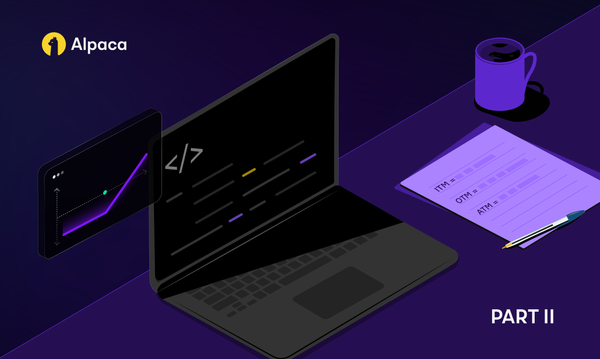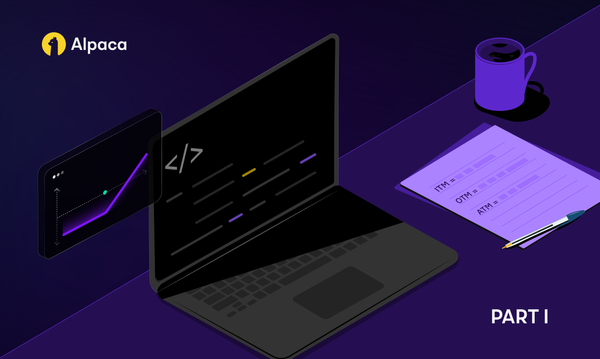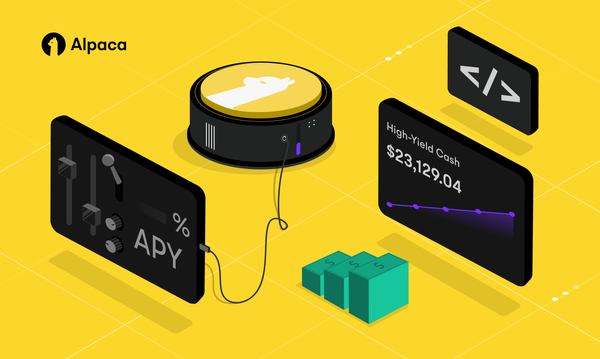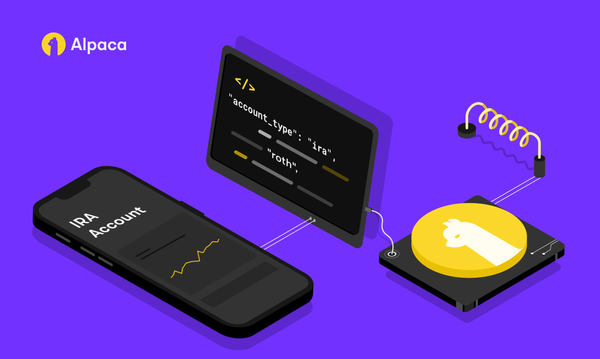Crypto Wallets Explained: Custodial vs. Non-Custodial Wallets
As with most things in life, custodial and non-custodial wallets have both pros and cons. Let's explore these two types of crypto wallets.
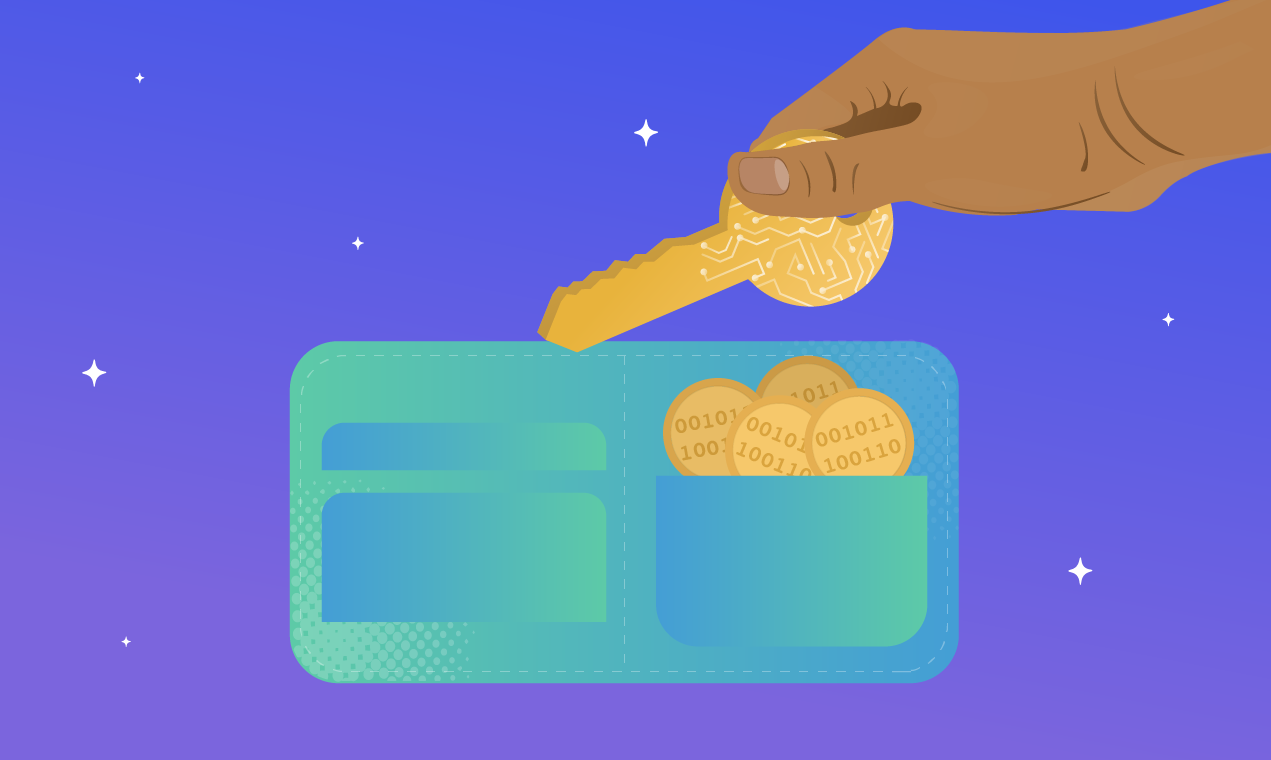
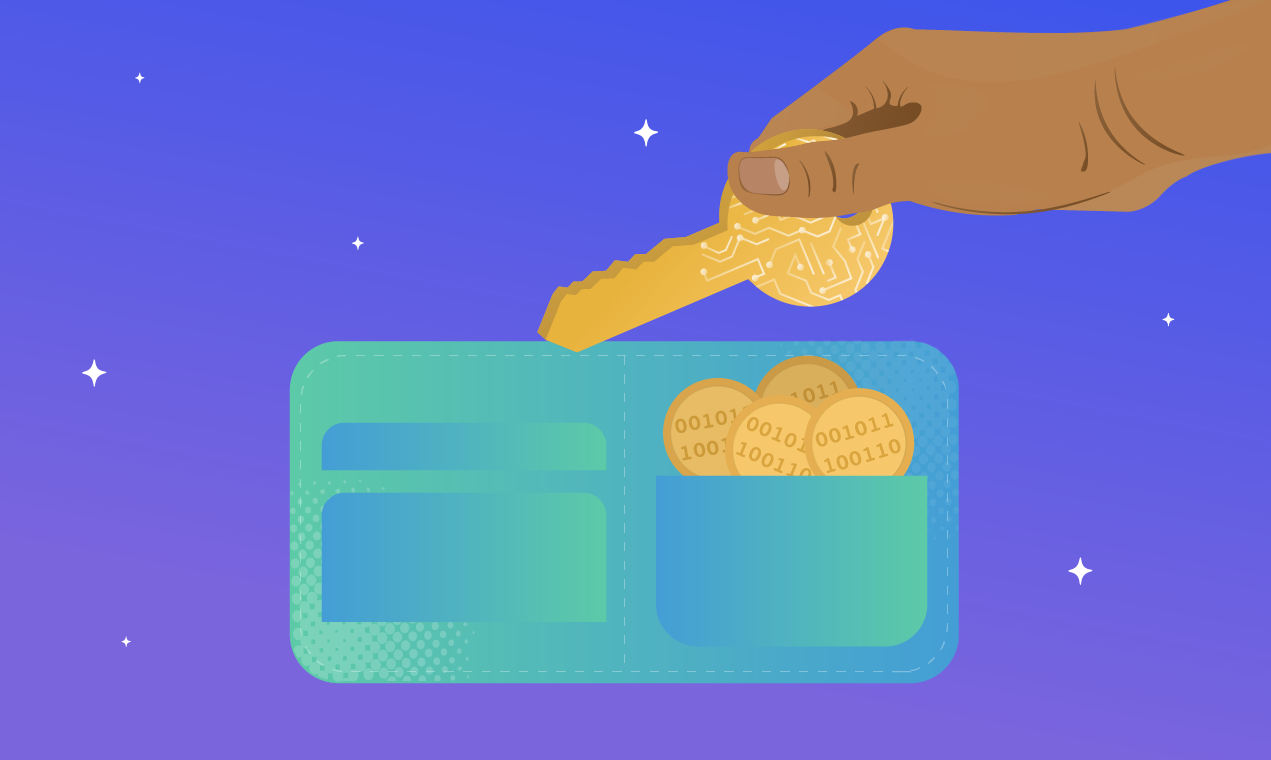
An important milestone on every cryptocurrency journey is the decision of whether or not to take custody of one’s crypto assets or entrust those assets to a third party like Coinbase, Robinhood, or Crypto.com.
While entrusting your crypto to a custodian may help make it easy, the benefits also come with certain risks.
In this post, we’ll compare custodial and non-custodial wallets and look at the pros and cons of each crypto storage method.
First, what is a crypto wallet?
With government-issued currency, we have the option to entrust our money to a bank or to take personal custody of our money by withdrawing cash from the bank. A traditional wallet is used to store cash outside of a bank.
However, when it comes to cryptocurrency, the term ‘wallet’ is somewhat of a misnomer.
For starters, there are no physical assets inside a crypto wallet. You can’t crack open a Bitcoin wallet and take out your Bitcoins. They’re not there. In fact, cryptocurrencies don’t exist outside of a blockchain. The assets on a blockchain are merely transaction records in a decentralized ledger.
A crypto wallet is more similar to a bank account in the sense that banks keep track of transactions, transfers, and running balances. Online and mobile banking applications allow us to tap into our bank accounts and manage our assets. Similarly, crypto wallets connect to the blockchain and allow us to manage our crypto assets.
What’s the difference between a custodial and a non-custodial wallet?
Crypto wallets can be divided into two categories — custodial and non-custodial wallets. Let’s take a look at some of the major differences.
Custodial crypto wallets
Centralized cryptocurrency exchanges and brokers offer customers the convenience of crypto custody services. This means that the exchange or broker holds onto the crypto assets on the customer’s behalf. By using a custodial wallet, we’re entrusting our funds to the crypto custodian.
Generally, a username and password (and an internet-connected device) are all that are required to manage crypto assets in a custodial wallet.
Non-custodial crypto wallets
A non-custodial wallet bypasses intermediaries such as exchanges and brokers and interacts directly with the blockchain. Although non-custodial wallets can also be managed with a username and password, they can only be reinstalled on a new device by the wallet’s owner (or anyone who has the secret recovery phrase necessary to reinstall the wallet).
Whereas custodial wallets only offer the user a public key (used for receiving funds), non-custodial crypto wallets utilize two types of keys: a public key and a private key.
A public key is similar to a bank account number. Every bitcoin public address is between 26 and 35 alphanumeric characters in length. Anyone can send crypto assets to the wallet using this public key.
An example of a public key:
1EHNa6a7ucXj8evKHT3SWvPQ4Jz2uvNExm
The private key is more similar to the username and password that grants us access to our bank accounts in that it’s not information you want to be publicly shared. If a thief steals your bank account credentials, they can clear out the account. The same goes for a private key. With a private key to a crypto wallet, a thief can quickly and easily drain the wallet by sending the funds to another wallet.
An example of a private key:
MzPL6TsZB9KF5Kb8kLf9zgWQnogidDA76ZY36hWXMssSzNydYXY
What are the pros and cons of custodial and non-custodial crypto wallets?
Both custodial and non-custodial wallets come with benefits and drawbacks. The main difference between the two types of wallets lies in who takes responsibility for the assets.
When we use a non-custodial wallet, we take sole responsibility for the security of our assets. It’s possible to lose our assets if we lose the secret recovery phrase, give out the private key, or are careless with device security.
Not taking on the responsibility that comes with self-custody of one’s crypto might be seen as a benefit to some users. However, custodial services also come with some risks. They can be hacked or shut down and result in a loss of assets.
Centralized custodial services are sometimes able to recover or reimburse customers if funds are stolen. However, with non-custodial wallets, there’s no customer service. There’s no one you can call to report the theft. Funds drained from a crypto wallet are gone forever — unless the thief decides to return them.
Benefits of custodial wallets
Aside from security, there are two other specific benefits of using a custodial wallet:
Since there is no private key or secret recovery phrase, recovery of a custodial wallet only requires a username and password. If either is lost, the client can retrieve the account simply by resetting the password.
Many custodial services and decentralized exchanges offer cryptocurrency holders staking rewards (interest on balances). Some staking rewards are only available with non-custodial wallets.
Benefits of non-custodial wallets
There are two distinct benefits of using non-custodial wallets.
While custodial services require customers to provide and confirm personal details for KYC purposes such as name, address, etc. KYC (Know Your Customer) is not required with non-custodial wallets.
Custodial services are also able to freeze their customers’ funds, but this is not possible with a non-custodial wallet.
Use case scenarios for non-custodial wallets
If you’re not willing to share your personal information with a centralized crypto exchange or broker, you have no choice besides a non-custodial wallet.
Should you feel capable of taking sole responsibility for your crypto assets, have a solid plan for safekeeping of your secret recovery phrase, and have a dedicated device for crypto storage (eg: a hardware wallet or computer that’s only used for crypto and otherwise kept offline), you might consider using a non-custodial wallet.
Any crypto assets that are not being used for trading or transacting are best stored offline in a non-custodial hardware wallet.
Use case scenario for custodial wallets
If you prefer not to take personal responsibility for your crypto, then you should choose to use a custodial wallet.
If you would like to take advantage of staking opportunities and features provided only by a particular custodial exchange/broker, then you’ll need to use the custodial wallet provided by that platform.
Other considerations
It’s also important to understand that not all crypto wallets are compatible with all cryptocurrencies or blockchains. Not all crypto custodians offer public keys or the ability to transfer your crypto to a crypto wallet. Webull, for example, does not offer a public key or the ability to transfer crypto to a wallet.
When researching the ideal crypto exchanges and crypto wallets for your needs, be sure to look into exchanges that offer you the ability to export your assets to a wallet and are compatible with the specific assets being stored. Also consider deposit and exchange fees, available deposit methods, and security.
Ready to do more research? Here are some custodial and non-custodial crypto wallets that could be worth looking into, according to Investopedia.com.
Please note that this article is for informational purposes only. The example above is for illustrative purposes only. Actual crypto prices may vary depending on the market price at that particular time. Alpaca Crypto LLC does not recommend any specific cryptocurrencies.
Cryptocurrency is highly speculative in nature, involves a high degree of risks, such as volatile market price swings, market manipulation, flash crashes, and cybersecurity risks. Cryptocurrency is not regulated or is lightly regulated in most countries. Cryptocurrency trading can lead to large, immediate and permanent loss of financial value. You should have appropriate knowledge and experience before engaging in cryptocurrency trading. For additional information please click here.
Cryptocurrency services are made available by Alpaca Crypto LLC ("Alpaca Crypto"), a FinCEN registered money services business (NMLS # 2160858), and a wholly-owned subsidiary of AlpacaDB, Inc. Alpaca Crypto is not a member of SIPC or FINRA. Cryptocurrencies are not stocks and your cryptocurrency investments are not protected by either FDIC or SIPC. Please see the Disclosure Library for more information.
This is not an offer, solicitation of an offer, or advice to buy or sell cryptocurrencies, or open a cryptocurrency account in any jurisdiction where Alpaca Crypto is not registered or licensed, as applicable.

